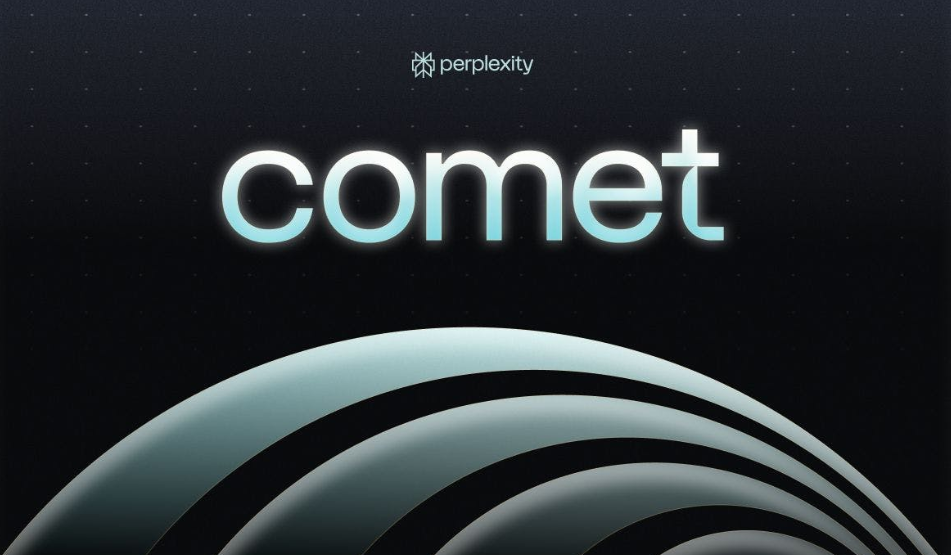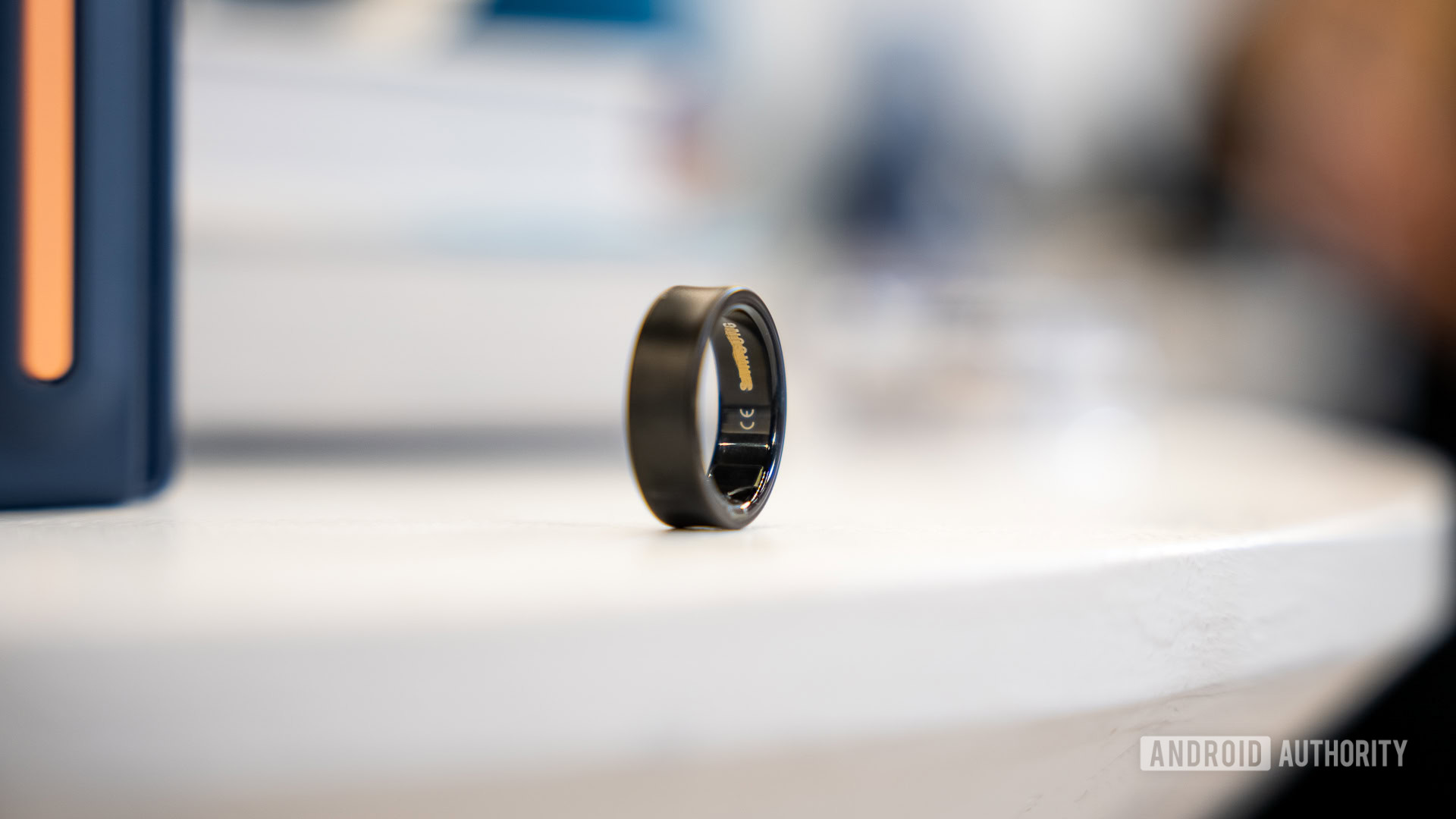The generative artificial intelligence search startup Perplexity AI Inc., which rivals both Google LLC and OpenAI, says it’s working on its own, AI-powered web browser.
The company revealed the project for the first time in a post on X, giving users the opportunity to sign up for early access when it launches. It’s not clear when that will happen, nor did the company reveal anything else about the proposed browser, with the exception that it’s named “Comet” and it’s designed for “agentic search,” an apparent reference to agentic AI.
Still, Perplexity is making some bold claims, saying that just as how it reinvented search, it’s also “reinventing the browser,” adding that users should “stay tuned for updates.”
Perplexity, founded in 2022, is the creator of an AI-powered search application that’s focused on providing real-time information. When prompted, it searches the web for the most up-to-date information, but instead of producing a series of links, it responds to users in a way that’s more like ChatGPT.
With the launch of Comet, Perplexity is joining a very crowded marketplace for web browsers, one that’s dominated by Google Chrome. It’s likely going to be scrapping for market share against a host of other browsers, including Microsoft Corp.’s Edge and Mozilla’s Firefox, as well as smaller operators such as Vivaldi Technologies and Opera Norway AS. It’ll also compete with another AI-native web browser called Dia, which is being built by a startup called The Browser Company Inc.
Dia, which has also yet to launch, will integrate lots of AI capabilities. The company has said users will be able to enter natural language prompts into the search bar, asking it to find a specific document or webpage, create a calendar event, or just ask it a general question, and obtain clear answers as opposed to a list of links like Google Search provides.
It’s possible that Comet will feature similar capabilities, but nothing is certain yet. However, the fact the company mentions “agentic AI search” suggests that it’s likely to be capable of performing tasks on behalf of users, Sid Sharma, an AI developer at Agora Labs Inc., told News.
According to Sharma, the company is looking to go beyond just rethinking search, by reshaping the way users interact with the internet entirely, making it a more dynamic, predictive and intuitive experience.
“What could truly make Comet stand out are features such as real-time voice interaction,” Sharma said. “Imagine if users could navigate, research and take action on the web entirely hands-free, from getting answers to questions to booking a vacation. The AI-powered web is rapidly taking shape, and Perplexity is making its move to challenge the major players in the space.”
Comet: A Browser for Agentic Search by Perplexity
Coming soon. pic.twitter.com/SwVSwudgtN
— Perplexity (@perplexity_ai) February 24, 2025
Perplexity appears to be betting that it can pitch its new browser to its existing search engine users to make its presence felt. But then again, it could be that the browser becomes a tool that will enable it to steal more customers away from Google Search, as it’s almost certain that it won’t have Google as its default search engine.
In any case, it’s an intriguing development. Until now, most consumer AI tools have come in just three forms. There are general-purpose chatbots such as OpenAI’s ChatGPT and Anthropic PBC’s Claude. There are also existing applications, such as Adobe Inc.’s Photoshop or Apple Inc.’s iOS, which bake in generative AI features.
Then there are a few apps that try to reinvent existing categories, such as Cursor IDE, which is an AI-native code editing tool. Perplexity’s browser appears to fall into the last category, as an attempt to rethink the way people explore the web.
The AI search company has been making a lot of effort lately in expanding its product portfolio. Earlier this month it announced the launch of a new “deep research” offering that aims to rival similar tools created by the likes of Google, OpenAI and xAI Corp. And the month before, it debuted two new tools – an AI-powered assistant for Android, and an application programming interface for building AI applications that integrate its search capabilities.
Perplexity, which raised $500 million in December at a $9 billion valuation, has made a lot of inroads in its quest to disrupt Google’s dominance of internet search, and claims to be handling more than 100 million search queries per week.
On the other hand, the company has attracted a lot of controversy, with numerous publishers accusing it of stealing their content when it generates its results. The New York Post and News Corp. have both filed lawsuits against Perplexity, while the New York Times reportedly sent it a cease-and-desist letter in October.
The startup has responded by saying that it respects every publisher’s content, and has created a revenue-sharing program for those that would rather partner with it, instead of fighting it in the courts.
Image: Perplexity AI
Your vote of support is important to us and it helps us keep the content FREE.
One click below supports our mission to provide free, deep, and relevant content.
Join our community on YouTube
Join the community that includes more than 15,000 #CubeAlumni experts, including Amazon.com CEO Andy Jassy, Dell Technologies founder and CEO Michael Dell, Intel CEO Pat Gelsinger, and many more luminaries and experts.
THANK YOU









